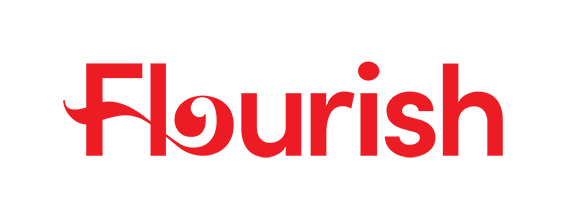Facilitation
Effective facilitation can help teams improve how they work together, identify and solve problems, make decisions, and handle conflict.
From one-off meetings to multi-session events, a neutral facilitator should enable contributions from all participants and achieve buy in for the outcomes reached – diplomatically managing those who tend to dominate, drawing out those who traditionally say little and enabling whose views differ from those of the leader or the majority to be heard.
Effective facilitation begins with a sound understanding background and context, the purpose and desired outcomes for the meeting, and selection of the right tools and processes to optimise results.

What I can offer
Good facilitation requires skills in presentation, active listening, open questioning, negotiation, elaboration, summarising and communicating with stakeholders. To facilitate effectively, the facilitator must be impartial, objective and steer the group to remain focused while ideas and solutions flow and separate context from process.
It then involves working with the group to guide, enable and support them to achieve their objectives in a way that involves and respects all contributions, builds ownership and releases the group’s potential.
I have practical experience and training in group facilitation and I also draw on personal skills acquired in my professional mediation training and experience (Resolution Insitute and AMINZ).
